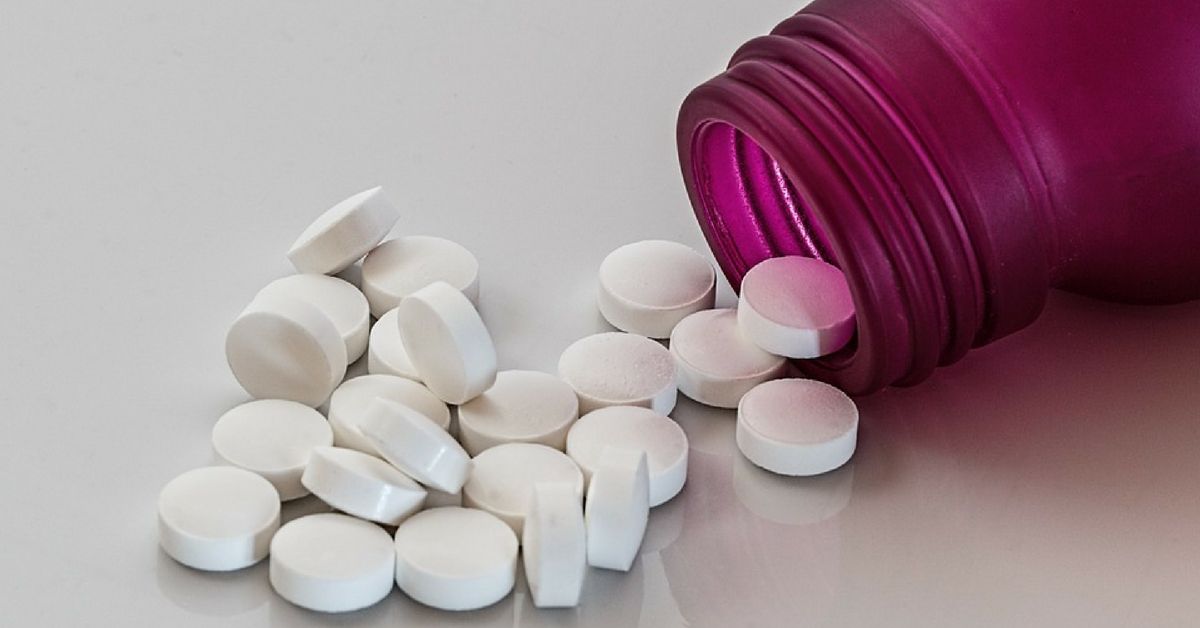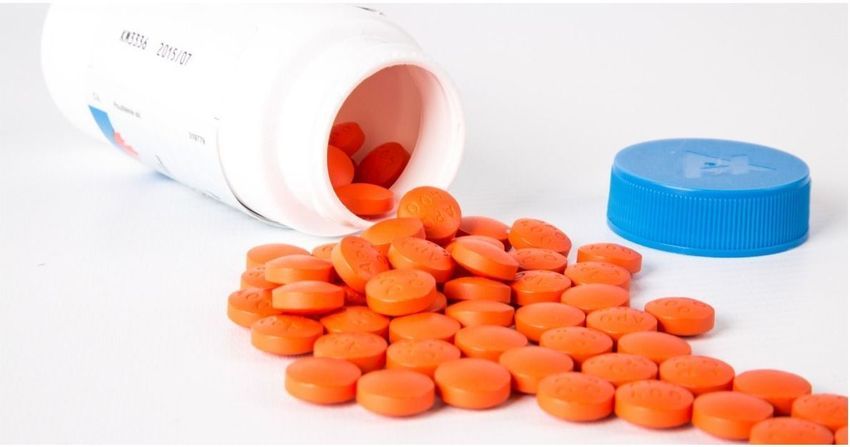Our health is of utmost importance to us, which is why prescription medications exist to help millions of people with health conditions around the world function every day.
For people who have serious health conditions like diabetes or heart problems, they need quality medication they can count on.
With all the recalls we've been hearing these past months, it's natural to feel worried.
For example, last month, multiple heart and blood pressure meds were recalled for a cancer-causing defect found in an active ingredient called valsartan.
Pills made by Major Pharmaceuticals, Solco Healthcare, and Teva Pharmaceutical Industries Inc. were affected.
Earlier this week, bottles of hydrochlorothiazide 12.5 mg USP tablets (100 count), a blood pressure medication, were recalled after getting mixed up with pills used to treat congestive heart failure and cirrhosis.
And a few weeks before that, the FDA issued a nationwide recall of 37 unexpired lots of Levothyroxine (LT4) and Liothyronine (LT3) 15 mg, 30 mg, 60 mg, 90 mg, and 120 mg thyroid tablets over risks of impurities.
The next popular medicines to make it to the FDA warning's list are certain diabetes drugs, which are believed to be linked to a serious genital infection.
On August 29, the FDA announced that medicines classified as SGLT2 inhibitors, which were first approved in 2013 to lower blood sugar in adults with type 2 diabetes, have some serious health risks.
"The SGLT2 inhibitors approved by the FDA include Johnson & Johnson's Invokana, Eli Lilly & Co's Jardiance, as well those from Bristol-Myers Squibb, Astra Zeneca Plc, Merck & Co and Pfizer Inc.," a Reuters report stated.
The FDA believes that people who take a SGLT2 inhibitor are at risk of Fournier's gangrene, which is a life-threatening bacterial infection that affects the tissue under the skin around the genital area.
According to Reuters, this bacteria usually enters a cut, but people who suffer from diabetes are more at risk of getting infected.
So far, one person has died and 11 others have been hospitalized, some requiring multiple disfiguring surgeries.
According to the FDA, the infection developed within several months of the patients starting this drug.
The federal agency is also asking for companies who manufacture these drugs to include this risk in the drugs' labeling.
The companies involved have not yet responded to news outlets for comment.



